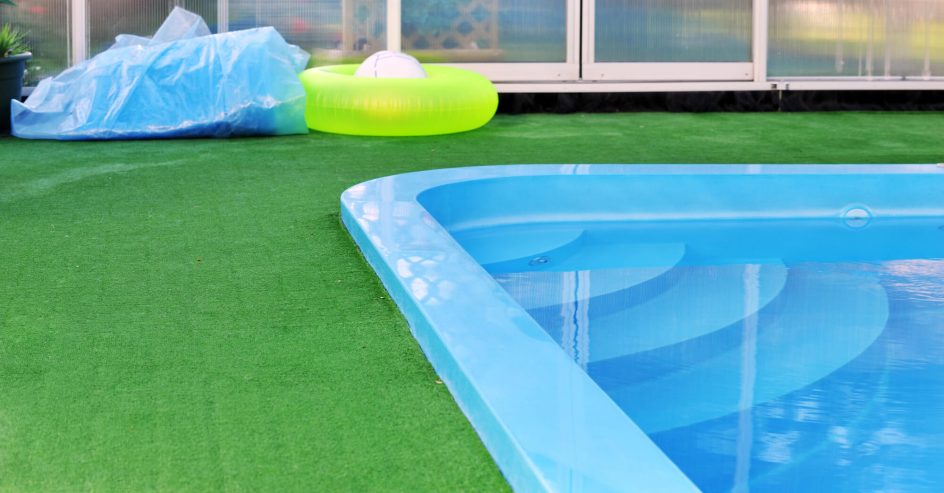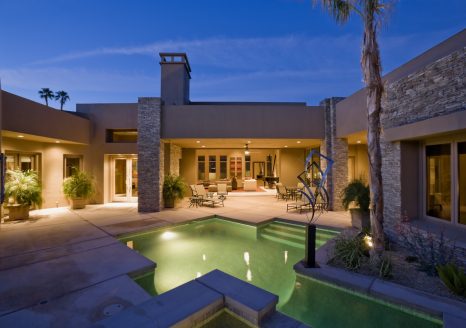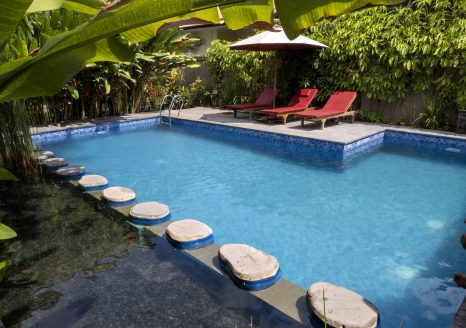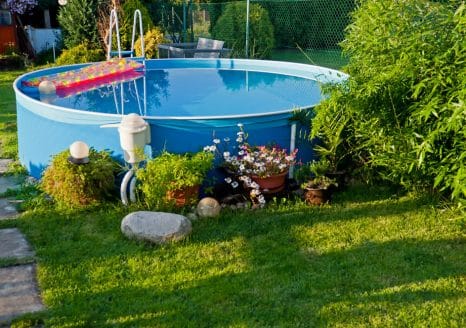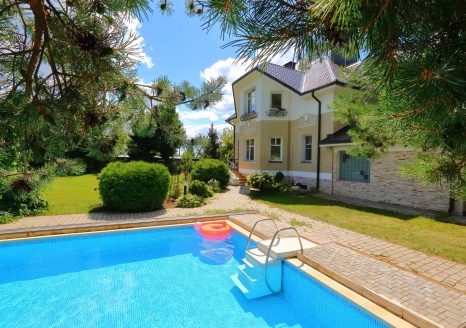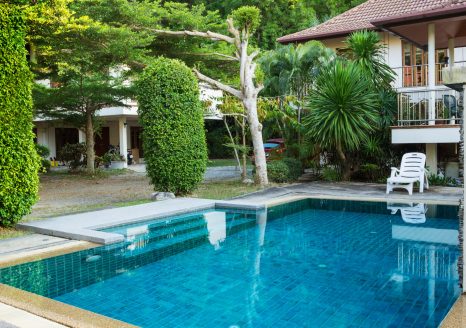-
 By Admin
By Admin

New Orleans, LA

Talk to an expert 504-688-4066
Choosing the right pool material can make a big difference in the long-term enjoyment, maintenance, and costs of owning a pool.
With several options available, each with its unique features, it’s important to understand what fits best with your needs. Whether you’re looking for durability, aesthetic appeal, or budget-friendly options, knowing the pros and cons of different pool materials will help you make a smart decision.
In this guide, we’ll explore the most common pool materials and their benefits, so you can choose the right one for your backyard oasis.
Understanding Pool Material Types
If you’re planning to build a pool, picking the right material is an important choice. Here’s a simple look at the four main options—concrete, vinyl, fiberglass, and gunite—and what sets them apart.
Concrete Pools

Concrete pools also need regular maintenance, such as resurfacing every 10–15 years. They are ideal for homeowners who want a personalized pool and are willing to invest in upkeep.
Vinyl Pools
Vinyl pools are made with a flexible liner that’s installed over a steel or polymer frame. They are one of the more affordable options and come in pre-made shapes and sizes.
Vinyl pools are smooth and easy to maintain, but the liner may need to be replaced every 7–10 years. They are a good choice for those looking for a budget-friendly, low-maintenance pool option.
Fiberglass Pools
Fiberglass pools come as pre-fabricated shells that are installed in your backyard. They are quick to install, durable, and easy to maintain, with a smooth surface that resists algae growth.
However, fiberglass pools are limited to the shapes and sizes available from the manufacturer. They are great for homeowners who want a hassle-free, low-maintenance pool with a relatively fast installation time.
Gunite Pools
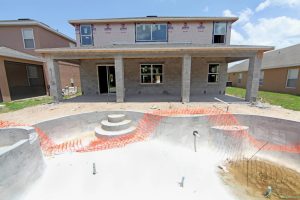
Like concrete pools, gunite pools need regular maintenance, including resurfacing over time. They are ideal for those who want a custom design with a durable structure.
Each pool material has its pros and cons, depending on your budget, maintenance preferences, and design desires. Choosing the right one will help ensure you enjoy your pool for years to come.
Quick Comparison
Here’s a quick comparison to help you decide:
| Pool Type | Customization | Durability | Maintenance | Cost | Installation Time |
|---|---|---|---|---|---|
| Concrete | High | Decades | High | High | 2-4 months |
| Vinyl | Limited | Decades with care | Moderate | Low | Quick |
| Fiberglass | Limited | Several decades | Low | Mid-range | 2-5 weeks |
| Gunite | High | Decades | Moderate | High | Extensive |
Comparing Pool Materials
If you’re considering a pool, the biggest decision to make is settling on the material. Each type of pool has its own pros and cons, so let’s break it down.
1. Installation and Maintenance Costs
Fiberglass pools cost more upfront, starting around $85,000, but they require much less maintenance—saving owners about 75% on time and costs.
Concrete pools last a long time but come with higher ongoing upkeep. Vinyl pools might seem cheaper initially, but liner replacements every 7–10 years can add up.
2. Installation Duration
Fiberglass pools are quick to install, often ready in under two weeks with good weather. In contrast, concrete pools take 2-4 months due to more complex construction. Factors like site prep and weather can also impact timelines.
3. Durability and Longevity
Fiberglass pools are designed for strength and durability, offering a lifetime structural warranty. They can handle everyday use and are built to last.
4. Customization Possibilities
Dreaming of a pool that suits your style? Gunite and concrete pools offer plenty of flexibility in shapes and features. Add a touch of flair with unique finishes and tiles. While fiberglass pools are less customizable, they still come in a range of designs—90% of people find one they love!
5. Surface Texture and Feel
The surface of your pool matters, especially if you use it frequently. Fiberglass pools are smooth, gentle on the skin, and gentle on swimwear. Concrete pools can feel rough, take time to personalize and get expensive if not done well. Vinyl liners are soft but need extra care to avoid damage.
6. Manual Maintenance Needs
Fiberglass pools stand out with their low maintenance. Their smooth surfaces resist algae, reducing cleaning time.
Vinyl pools, on the other hand, need frequent checks for tears, and concrete pools require regular scrubbing to stay clean.
7. Chemical and Energy Use
Fiberglass pools are energy efficient, saving heating costs. Fewer chemicals are used, which is considered environmentally friendly and cost-effective. Concrete pools require more care, and saltwater systems corrode stainless steel pools.
8. Heat Retention Properties
Fiberglass pools hold heat well, making them great for cooler climates. While concrete and vinyl pools can retain heat, they aren’t as efficient. In warmer areas, fiberglass pools with energy-saving designs provide added advantages.
9. Resale Value Considerations
A well-maintained pool can increase the value of your home. Concrete and fiberglass pools are both commonly preferred by buyers. However, the condition of a vinyl liner can impact how buyers feel.
10. Visual Appeal and Aesthetics
Pool designs will also make your backyard look stunning. Gunite and concrete pools have a smooth, sleek finish while the fiberglass one gives the owner options in choosing different colors and shapes. It’s simply a matter of choosing what works best for your outdoor space.
Choosing the Right Pool Material for Your Home
The material you choose for your pool is critical to long-term happiness. Whether you want cost, customization, or ease of upkeep, there is a solution for you.
Take the first step now—consult with the experts at Big Easy Pool Designs, explore your options, and make the best decision for your pool!
Contact us today to start planning your perfect pool.
For more tips and guidance, check out our blog.


